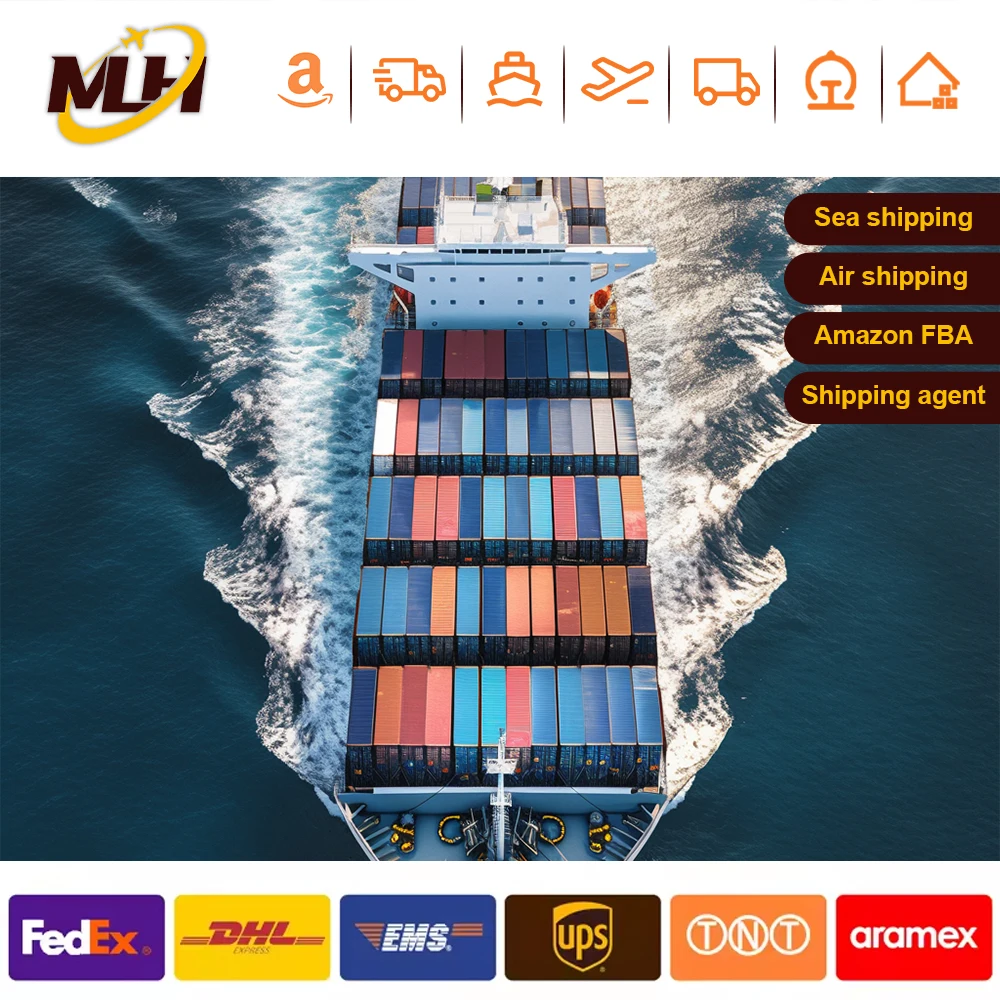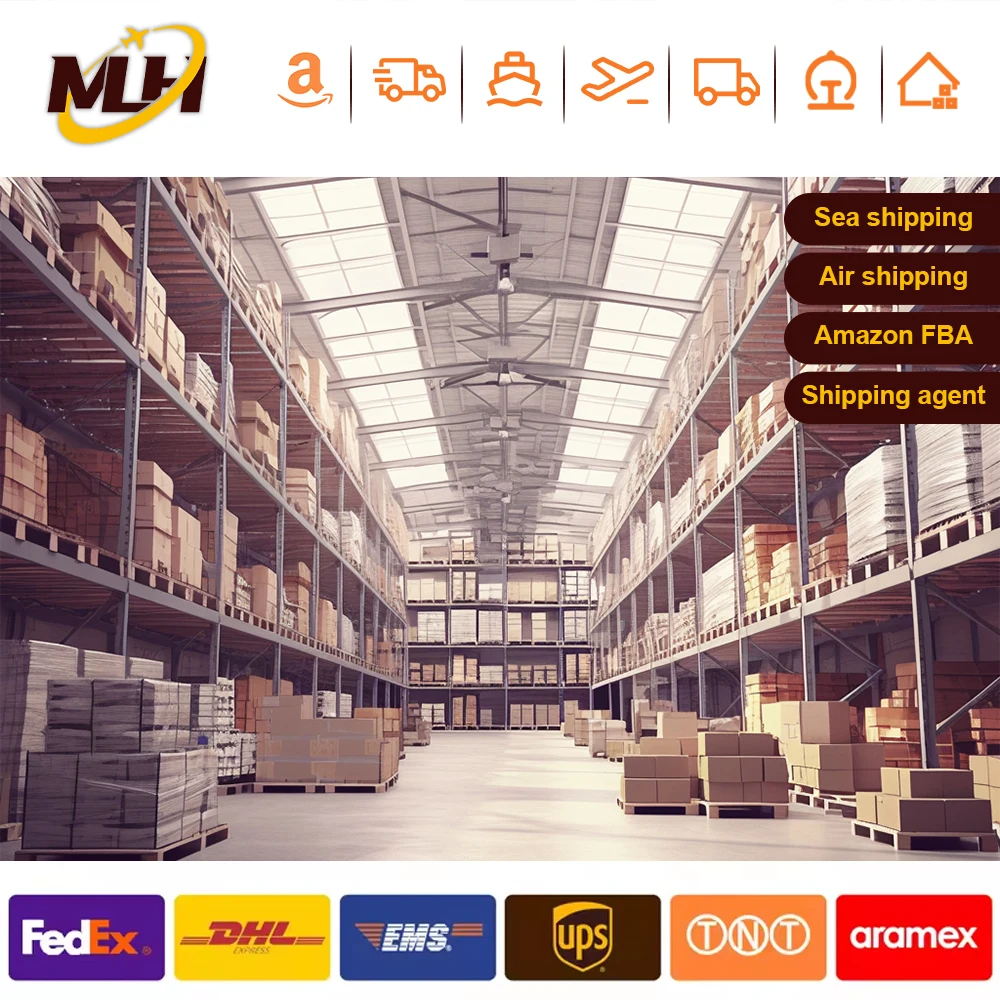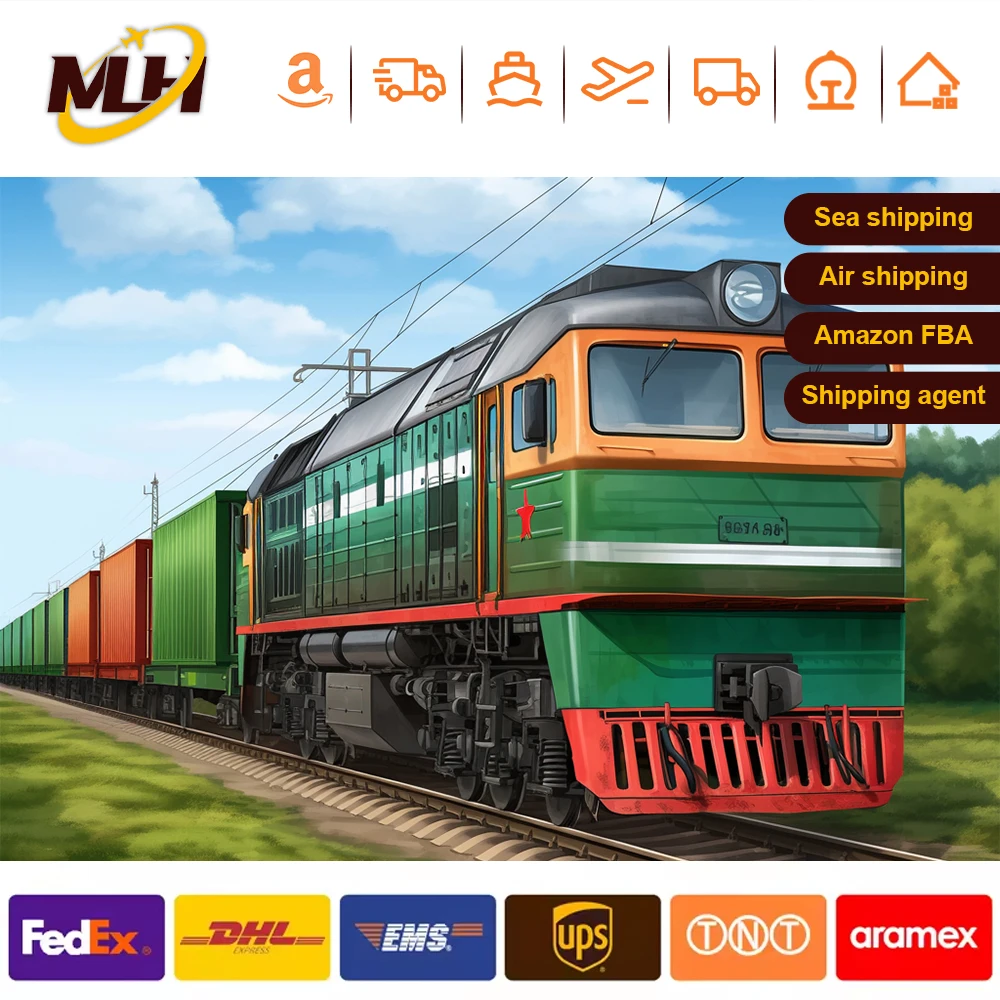Implementing intelligent inventory control systems is vital in optimizing overseas warehouses. Leveraging AI and machine learning to predict stock levels and automate reordering processes can drastically reduce stockouts, with studies indicating up to a 30% reduction. These systems provide real-time inventory visibility, ensuring that stock levels are balanced and responsive to market demands. Moreover, integrating inventory management software with existing systems enhances operational efficiency. Seamlessly connecting these technologies reduces human error and improves data accuracy, supporting businesses in achieving smooth global operations and meeting international market demands effectively.
Analyzing and optimizing international freight shipping routes is crucial for enhancing cost-effectiveness and ensuring timely deliveries. By focusing on shipping efficiency, businesses can significantly impact their bottom line with a potential 20% decrease in shipping costs. Route optimization software plays an essential role here, factoring in real-time variables such as weather, traffic, and political conditions to plan the most efficient paths for cargo. This proactive approach not only minimizes costs but also enhances the reliability of international air freight and shipping cargo, contributing to overall operational success in global markets.
Partnering with established freight forwarders can significantly boost logistics capabilities, particularly through their extensive local knowledge and diverse service offerings. These freight forwarder networks simplify customs processes, making it easier for businesses to navigate international regulations. Experts emphasize that utilizing such global networks reduces lead times, offering competitive advantages by leveraging established relationships. By effectively incorporating these logistics partners, businesses can enhance their shipping cargo operations and efficiently manage the intricacies of international freight shipping, elevating their service offerings in the competitive global marketplace.
Navigating the bureaucratic maze of customs compliance is a primary challenge for businesses operating internationally. The intricacy and variability of regulations often lead to shipment delays, with studies revealing that up to 25% of shipments can be held up due to customs issues. To minimize these disruptions, companies need to implement robust compliance strategies, including investing in staff training and employing customs consultants. These professionals offer insight into the latest regulatory changes and ensure that documentation meets all requirements, reducing the risk of costly holdups. By proactively addressing compliance, businesses can maintain smooth international shipping operations and avoid penalties.
Understanding cultural differences is vital to effective logistics coordination, especially in a global context where cross-cultural nuances can significantly impact operations. Miscommunications, stemming from divergent communication styles and negotiation tactics, can lead to delays of up to 40%, as highlighted in recent studies. The key to overcoming such challenges lies in fostering cultural competence within teams. This can be achieved through targeted training programs that emphasize intercultural understanding and by hiring local experts who are familiar with regional practices. By integrating these strategies, businesses can navigate the complexities of cross-cultural logistics more effectively, ensuring seamless coordination and timely deliveries.
AI-driven demand forecasting models are revolutionizing how businesses manage their inventory. By analyzing a broad array of data sets, AI enhances the accuracy of forecasting models by up to 30%. This significant improvement minimizes the risks of overstocking and stockouts, which are common challenges in supply chain management. AI efficiently processes historical sales data, market trends, and customer behavior patterns, offering insights that traditional methods might miss. Businesses adopting these advanced forecasting models can expect long-term savings, as more accurate demand predictions can optimize inventory levels and reduce unnecessary carrying costs. Implementing AI in demand forecasting also results in a compelling return on investment (ROI), with businesses often observing both cost savings and increased sales due to improved availability of stocked items.
The Internet of Things (IoT) is becoming indispensable in modern warehouse operations, providing real-time visibility that enhances efficiency and reduces losses. IoT devices, such as smart sensors and RFID tags, offer continuous feed of data that enables warehouses to reduce operational costs by about 15%. These tools offer insights into inventory levels, environmental conditions, and equipment functionality, among others. By integrating such devices into existing management systems, warehouses can not only monitor stock in real-time but also proactively manage any issues, such as equipment malfunctions or fluctuating environmental conditions, that might cause delays or losses. The seamless integration of IoT technology into supply chain systems fosters a more agile and responsive warehousing environment, meeting the dynamic demands of global logistics.
Engaging with a reliable logistics partner for door-to-door air and sea freight can transform global operations for businesses in China reaching customers worldwide. These integrated logistics services offer unparalleled convenience by managing every aspect of the shipping process from the factory door in China to the client's location overseas. By streamlining operations, they dramatically improve logistics efficiency, reduce transit times, and minimize the risk of delays or damages. Additionally, research has shown that such comprehensive logistics solutions can significantly enhance customer retention rates, as customers are more satisfied with timely and reliable delivery.
In today's competitive market, finding a reliable logistics partner can be invaluable in securing long-term growth and sustainability. Access the services of a Door to Door Air Sea Freight Forwarder DHL Fedex Air Shipping Agent from China to USA Canada Mexico Australia Europe which offers a competitive edge through its global network in over 220 countries. With features like first-class agent pricing and extensive warehousing options, businesses can achieve quicker delivery times—critical for retaining consumer loyalty in today’s fast-paced market. Their services include FBA Amazon Shipping, customs brokerage, and a fast delivery guarantee to ensure all shipments are dispatched efficiently across continents.

The Middle East has become an essential logistics hub, significantly enhancing global supply chains. Key locations like Dubai, Qatar, and Saudi Arabia serve as pivotal transit points due to their strategic geographical positions, contributing to the rapid growth of cargo volumes in the region. In fact, Dubai International Airport alone handled over 2.5 million tons of freight in 2021 according to data from the Airports Council International.
This growing significance of the Middle East is further bolstered by its modern transportation infrastructure and easing trade regulations, allowing businesses to establish robust distribution channels across Asia, Europe, and Africa. Partnering with logistics providers specializing in Middle Eastern air cargo solutions opens up access to these benefits, facilitating global trade and offering flexible services.
Logistics partners like air freight forwarder shipping agent door to door ddp services ship China to saudi arabia Qatar UAE/Dubai are crucial for companies aiming to move goods efficiently within this bustling region. Offering a pressing competitive advantage, this forwarder covers services like air freight and customs brokerage, backed by a vast global network and several years of international shipping experience. Such partnerships are invaluable for optimizing global supply chains and facilitating the timely movement of goods across the Middle Eastern logistics hubs into the wider world.

Railway transport is becoming an increasingly popular choice for businesses accessing European markets due to its cost-effectiveness and environmental sustainability. As logistics partners, we have invested in robust railway infrastructure to provide efficient and sustainable freight solutions that are aligned with today's demand for greener transportation options. For instance, according to recent reports, railway transport is projected to grow due to its lower carbon emissions compared to traditional air freight, thereby contributing to an eco-friendlier logistics industry.
Infrastructure improvements are key to the reliability of railway transport in European markets. Many countries have invested significantly in enhancing railway infrastructure to support the efficient movement of goods. This includes upgrading tracks, expanding network capacity, and improving interconnectivity between ports and land transportation. Also, growing cooperation via cross-border agreements has facilitated seamless and reliable rail cargo services throughout Europe. This emphasis on sustainable freight transportation positions railway transport as a favorable option for companies seeking to reduce their carbon footprint while maintaining cost efficiency.

Collaborating with reliable logistics partners is essential for successful China-global operations, ensuring efficient transportation of goods across borders. These partners offer comprehensive solutions encompassing door-to-door air and sea freight services, robust air cargo support in vital regions like the Middle East, efficient railway transport to European markets, Amazon FBA for e-commerce logistics, and extensive express delivery networks to flexibly meet the demands of a fast-paced global supply chain.
An integrated door-to-door air/sea freight service offers numerous advantages for global operations. These services are designed to manage every aspect of the logistics process, from the initial pickup at the supplier's location all the way to delivery at the customer's doorstep. This end-to-end solution significantly reduces shipping times, thereby enhancing customer satisfaction and improving retention rates. Industry statistics show that door-to-door services often result in a reduction of transit times by up to 50%, directly influencing customer retention positively due to increased delivery reliability and reduced waiting times. With such comprehensive offerings, businesses can improve their operational efficiency and differentiate themselves in competitive markets, making them more appealing options for the global clientele they seek to serve.
One notable provider in this sector is Door to Door Air Sea Freight Forwarder DHL Fedex Air Shipping Agent from China to USA Canada Mexico Australia Europe. This service excels with first-class agent pricing and a vast warehouse network across major trade regions like China, the USA, Korea, Europe, and others, ensuring swift delivery and high customer satisfaction. They also offer specialized services for Amazon FBA customers, which include comprehensive logistics solutions that streamline processes, reducing delays and enhancing client satisfaction.

The Middle East has emerged as a crucial hub for air cargo solutions, significantly enhancing global supply chains. With its strategic geographical position, the region offers unparalleled connectivity between Europe, Asia, and Africa. According to reports, cargo volumes in the Middle East are increasing, demonstrating its growing importance in facilitating international freight shipping. This upward trend highlights the efficiency and capacity of the Middle East's airports, making it an essential corridor for global shipping routes.
Partnerships with local carriers are essential in maximizing the value of Middle Eastern logistics hubs. These collaborations ensure that businesses have access to flexible and expedited shipping options, critical for meeting the demands of efficient global supply chains. The importance of the region extends beyond mere location, as many Middle Eastern countries are investing significantly in their infrastructure, further cementing their role as major players in international trade with an impressive annual cargo capacity increase.


